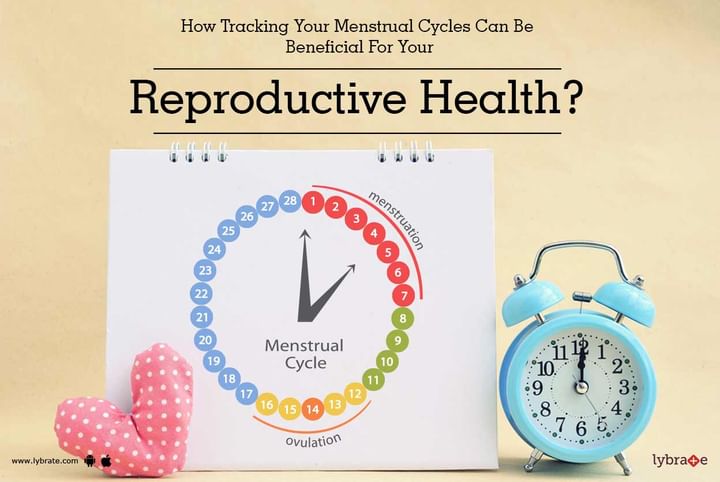How Tracking Your Menstrual Cycles Can Be Beneficial For Your Reproductive Health?
With an upsurge in the number of women suffering from dysfunctional reproductive system and a myriad of gynecological problems, resulting in irregular periods, infertility and several other complications, it is of paramount importance to keep a record of the dates and duration of your monthly cycles. This is not only useful for future reference when you visit a gynecologist, but it also helps you to understand if there are any delays in your mensuration cycle or you are having heavy mentrual bleeding in a particular month.
Why tracking your menstrual cycle is important?
Keeping a track of the menstrual cycles is a mandatory exercise for women who are thinking about pregnancy or those trying to avoid it. Based on you period calendar, you can avoid getting pregnant without opting for contraceptive methods, if you have extremely regular period patterns. It is advisable to abstain from intercourse for a few days before and after the period, which is the prime time for ovulation. Keeping a track of your periods will give you a clear indication as to whether you are pregnant, because delay in the menstrual onset can be an indication of pregnancy. The reverse is also true; if you are trying to get pregnant, conception is usually fruitful on these days of maximum ovulation, which you can easily calculate based on your well maintained menstrual record.
How should you go about keeping a track of your menstruation cycle?
While it not possible to note down every possible aspect of the menstruation in a notebook, the easiest way of maintaining a planner is to mark the first day of each period on the calendar. The difference between two consecutive periods will give you your cycle lengths. In addition you can choose to make a note of how heavy the bleeding is or if there are changes in mood and appetite on those days. You will then be well prepared for your next visit to the gynecologist. Or, just consult a gynecologist online.



+1.svg)
